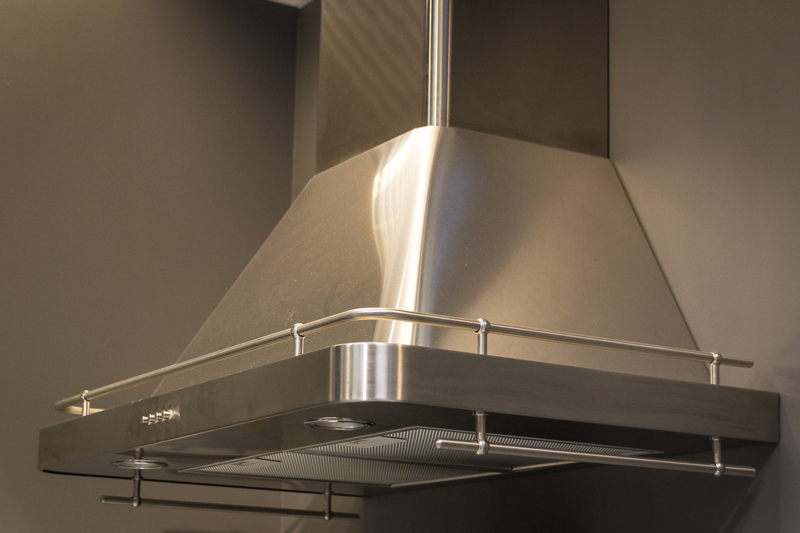A clean and efficient kitchen is essential for every restaurant. Among the various components that contribute to a well-maintained kitchen, the hood and grease filter play a crucial role. A kitchen hood, also known as a range hood, removes airborne grease, smoke, and odors, while the grease filter traps grease particles from the air, preventing them from circulating back into the kitchen. Regular cleaning of these components is vital to maintain a healthy and safe cooking environment. In this article, we’ll delve into the importance of hood and grease filter cleaning, the potential risks of neglecting it, and best practices to keep your kitchen clean and safe.
The Importance of Hood and Grease Filter Cleaning
- Fire Hazard Reduction: The accumulation of grease in the hood and filters poses a significant fire hazard. Grease is highly flammable, and if it is not cleaned regularly, it can ignite when exposed to high heat, such as from the stove or oven. A fire in the kitchen can lead to devastating consequences, so regular cleaning is a must to prevent this risk.
- Air Quality Improvement: The kitchen hood plays a crucial role in maintaining good indoor air quality. It captures airborne particles, smoke, and odors produced during cooking, preventing them from spreading to other areas of the home or restaurant. By keeping the hood and grease filters clean, you ensure that the air you breathe in your kitchen remains fresh and free from contaminants.
- Enhancing Kitchen Efficiency: A clean hood and grease filters work more efficiently. When these components are clogged with grease and debris, they obstruct the airflow, reducing their ability to capture and remove pollutants effectively. Regular cleaning ensures that the hood operates optimally, providing better ventilation and improved cooking performance.
Risks of Neglecting Hood and Grease Filter Cleaning
- Increased Fire Risk: As mentioned earlier, grease buildup in the hood and filters increases the risk of kitchen fires. Once ignited, these fires can spread rapidly, causing severe damage to property and endangering lives.
- Poor Air Quality: Neglecting hood and filter cleaning leads to poor indoor air quality in the kitchen. The accumulation of airborne particles and odors can create an uncomfortable and potentially harmful environment for both residents and workers.
- Decreased Efficiency: A clogged hood and dirty grease filters reduce the kitchen’s overall efficiency. The cooking process may become more time-consuming and less enjoyable due to lingering odors and smoke.
Regularly cleaning your kitchen hood and grease filters is an essential practice that promotes safety, maintains good air quality, and enhances kitchen efficiency. By following the best practices outlined in this guide, you can ensure a clean and healthy cooking environment for your staff and customers.

